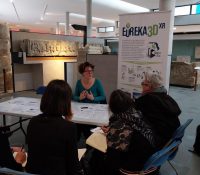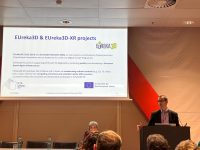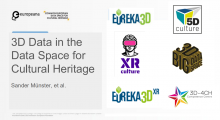Felicity Kinsella of i-D’s magazine asks what does the future of fashion look like?
A year ago there were rumours of a fabric called Quantum Stealth that could bend light around the wearer to portray what was behind them, in front of them – a real-life invisibility cloak! While the fashion world hasn’t yet set eyes on this elusive material (for obvious reasons?! Not to mention it is apparently in the top secret care of the American Army), there are other technology marvels that are developing at full speed, changing the way we see, design, make and buy clothes.
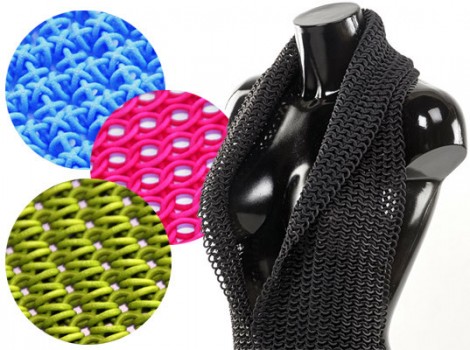
CC Image: Ana Galaviz blog
Models can catwalk through holograms of themselves, T-shirts can hug you and couture is being designed virtually and then printed using a 3D printer – no needle and thread involved. CuteCircuit is the fashion house that is made up of Ryan Genz and ex-Valentino designer, Francesca Rosella, the inventors of the HugShirt. They made hugging a friend on the other side of the world as easy as sending a text. Sensors in the shirt measure the strength of touch, skin temperature and heartbeat of the sender. This information can then be Bluetoothed anywhere in the world and the HugShirt will squeeze you back in the exact same way as your mate would. The questions Francesca usually gets asked are can you wash it? How do you charge it? Is it comfortable? The answers are: Yes, USB, Yes. It was awarded as one of the Best Inventions of the Year by Time magazine and this is what really got people alerted about a wearable technology revolution.
CuteCircuit are also the team behind Katy Perry’s romantic, dream dress at the 2010 Met Ball. Posing on the red carpet, she flicked a switch in her sweetheart neckline and the dress lit up with over 3000 tiny bulbs, a vision all sweetness and light, triggering another 3000 flashes as the paparazzi exploded. The future’s bright! It didn’t look too far off the futuristic Hunger Games idea of Lenny Kravitz as stylist, creating Katniss’ Girl on Fire dress. These creations are like something out of a fairytale, they’re designed to be clever and exciting and these are innovations in fashion but they’re one-off showstoppers. The real phenomenon that’s revolutionising fashion seems to be 3D printing. Iris van Herpen is the 29-year-old Dutch designer who uses 3D printing to make couture that is fantastical, heliacal and 100% symmetrical in every tiny detail. The huge advantage of 3D printing is that there are no complications or limitations in terms of 3-Dimensionality or complexity, everything imaginable is possible she explains. At the moment the main thing holding 3D printing back from taking over the fashion world is that the materials used can only make solid forms. Whilst this is great for 3-dimensionality, you won’t be able to print out a T-shirt at home any time soon, normally a garment is built up from a fabric, so all shape, all 3-dimensionality that you want to add has to be manipulated by seams. So you start 2-dimensional (with the fabric) and you want to end up 3-dimensional (so that a body fits well into it). This transition from 2D to 3D gives a lot of difficulties. With 3D printing you start 3-dimensional; it’s total freedom. I can go as complex, detailed, in all 3-dimensions as I want, without any seams.

Pauline van Dongen 3D Printed High Heels
It is rare to come by a creative university without a 3D printer today and if the future generations are using them, this must be going somewhere. London College of Fashion’s mission is to “Fashion the Future” and they have their own 3D printer – the Makerbot 3D. Using a 3D scanner, students are able to either scan an object or scan themselves to create a digital mannequin and virtually stitch garments together before draping them onto their personalised mannequins to make perfectly fitting clothes. The Digital Bureau in LCF has two 3D printers: one using plaster and another one using plastic called PLA. They are used mainly by MA students: Fashion Footwear and Fashion Artefact. Our printers are good for prototype printing. If the students are aiming to make final products which require very high quality finish, and are robust and wearable, we advise them to use commercial 3D printing services explains Gabriela Daniels, LCF’s Technical Manager – 3D and Science.
I don’t think 3D printing as we know it today will be the future of fashion, but I definitely think that the old methods of building in all creation – whether it is architecture, design, art, fashion – where we often start with a 2-dimensional surface manipulating into 3-dimensional objects will become history. The developments are going fast, research and prototyping in 4D have already started. So I think 3D printing as we know it today will not be the way we make garments in future, but the essence of 3D printing – starting 3D and skipping the phase of 2D, will be it, yes, comments Iris van Herpen
I think the applications for 3D printer now are limitless, I think we’re about five years away from having a domestic version in every household. Very soon I think you’ll be able to buy your Prada shoes online and print them directly from their site. Right now you can print chain mail sheets so being able to print fabric cannot be far behind. It’s not too far-fetched to think that in a few years we could be downloading entire outfits, predicts set design and artist extraordinaire, Gary Card.
In conclusion – what Iris said – everything imaginable is possible.
Read Felicity Kinsella’s full article
For more information visit
https://connect.innovateuk.org/home
Ana Galaviz blog
 RICHES on Twitter: #richesEU
RICHES on Twitter: #richesEU
RICHES on YouTube: www.youtube.com/richesEU


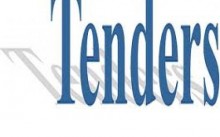
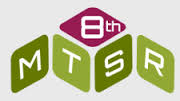

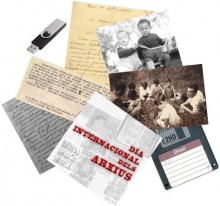
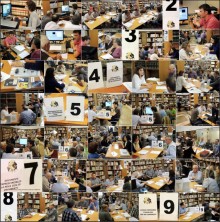

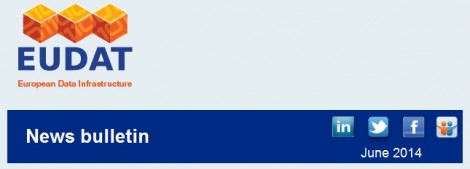



 RICHES on Twitter: #richesEU
RICHES on Twitter: #richesEU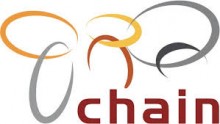
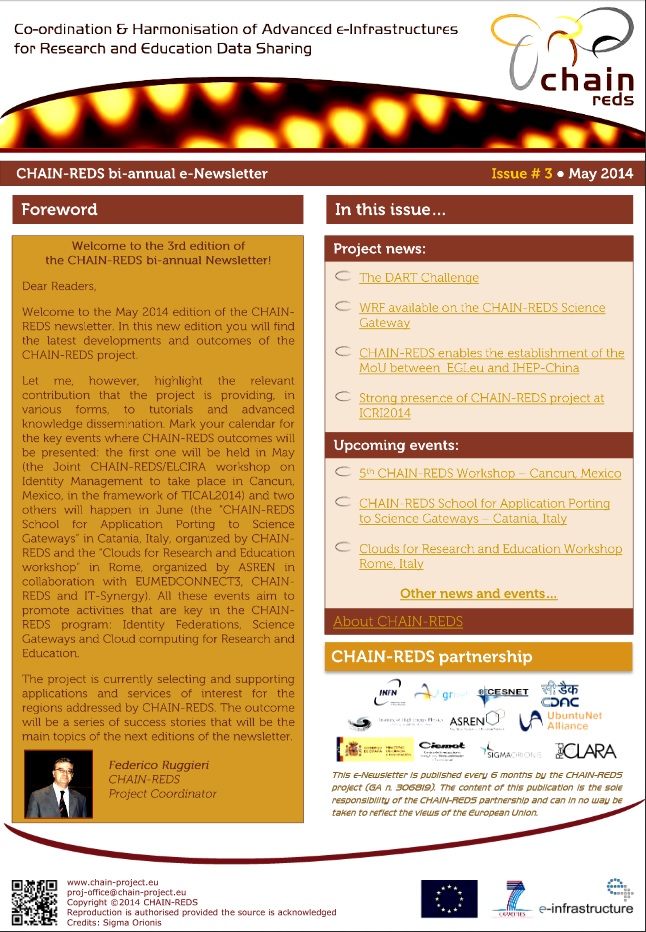
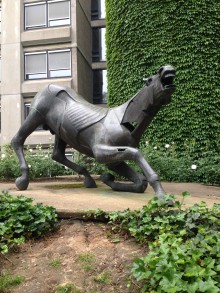
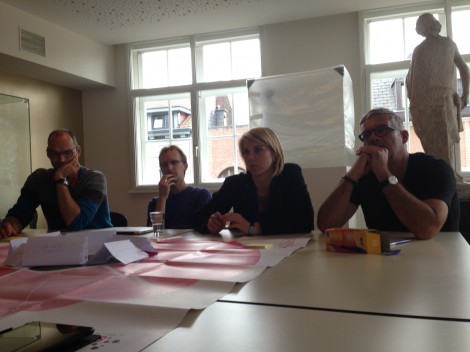
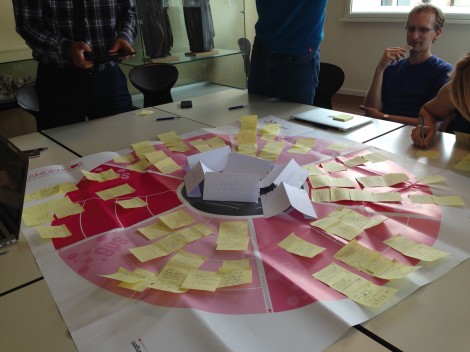


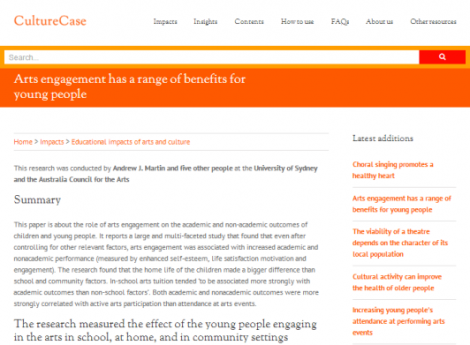 CultureCase is an experiment in research communication. It aims to bridge the gap between academic research and its potential users and beneficiaries, by translating academic research into a form that is easily accessible by practitioners and advocates in the cultural sector. It was developed following wide consultation with the cultural and academic sectors. The Cultural Institute has drawn on the expertise of both academic and cultural sector advisers who have steered the creation of the pilot site.
CultureCase is an experiment in research communication. It aims to bridge the gap between academic research and its potential users and beneficiaries, by translating academic research into a form that is easily accessible by practitioners and advocates in the cultural sector. It was developed following wide consultation with the cultural and academic sectors. The Cultural Institute has drawn on the expertise of both academic and cultural sector advisers who have steered the creation of the pilot site.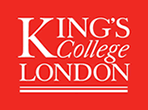 The content on this site is authored and edited by James Doeser, a freelance researcher and writer working with the Cultural Institute, King’s College London. James has a PhD from University College London and spent three years working in the research team at Arts Council England. Through 2014 CultureCase will move to a multi-authored format by developing a cohort of researcher-writers drawn from the Cultural Institute’s Knowledge Exchange Associates.
The content on this site is authored and edited by James Doeser, a freelance researcher and writer working with the Cultural Institute, King’s College London. James has a PhD from University College London and spent three years working in the research team at Arts Council England. Through 2014 CultureCase will move to a multi-authored format by developing a cohort of researcher-writers drawn from the Cultural Institute’s Knowledge Exchange Associates.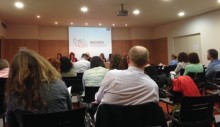
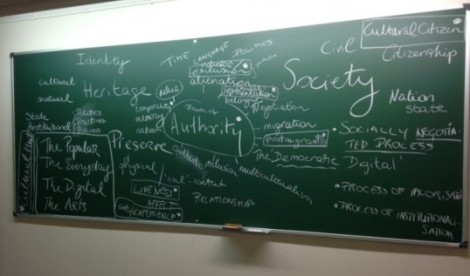
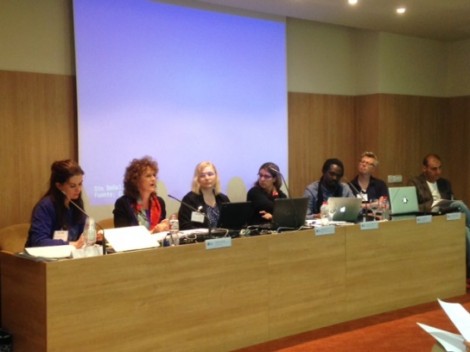
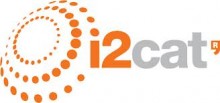 The panel sessions carried on the discussion on the various terms definitions for the all morning. In the afternoon, all the group participants brought back together and the chairmen/chairwomen shared their agreed definitions with the public during a final discussion, in order to validate them.
The panel sessions carried on the discussion on the various terms definitions for the all morning. In the afternoon, all the group participants brought back together and the chairmen/chairwomen shared their agreed definitions with the public during a final discussion, in order to validate them.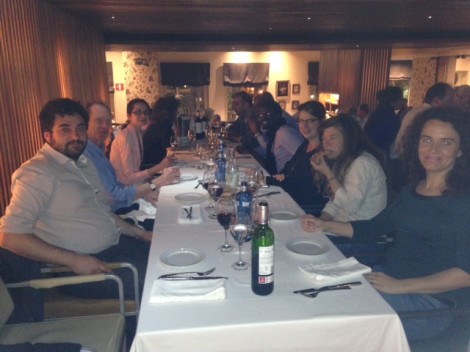
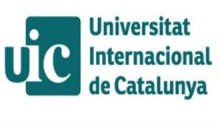 In addition to the workshop’s celebration, the RICHES Consortium Partners joined for internal Plenary Meeting, one day before and after the workshop in order to discuss the work so far undergone, value the workshop’s results and plan their future research and management activities.
In addition to the workshop’s celebration, the RICHES Consortium Partners joined for internal Plenary Meeting, one day before and after the workshop in order to discuss the work so far undergone, value the workshop’s results and plan their future research and management activities.






